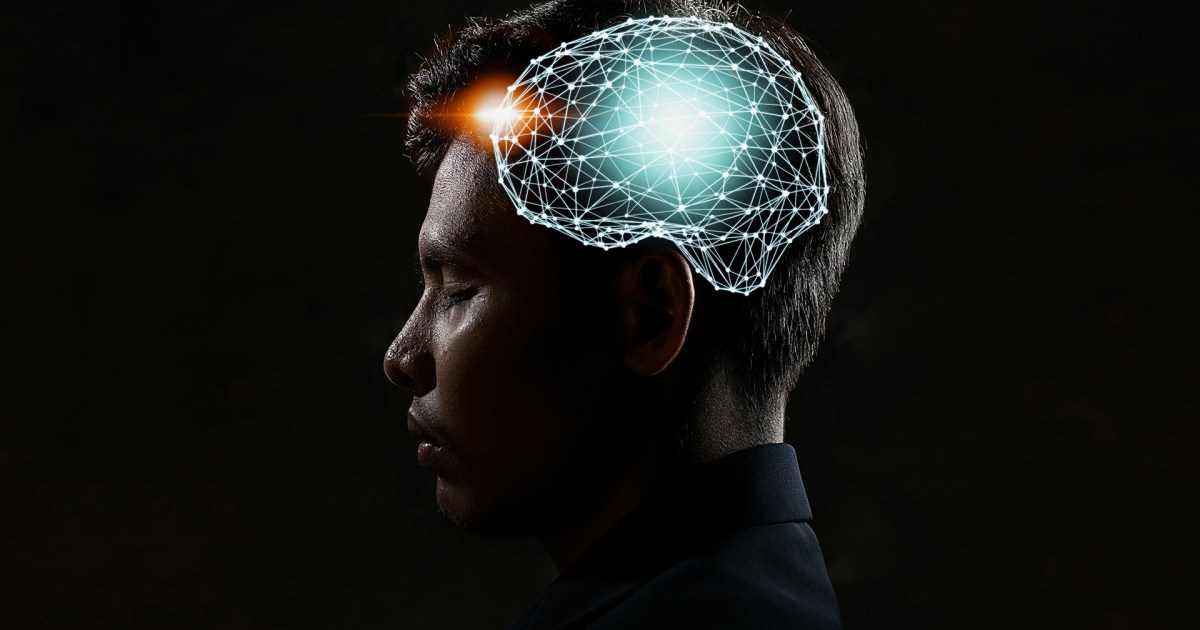When a person lies repeatedly, the emotional response to their lies stops.
Faced with a complete absence of emotion, this practice becomes easier and a permanent habit.
For this reason, neurologists have concluded that the brain of a liar works differently from others: they are brains that are intelligently trained for this.
The writer Valeria Sabeter said, in a report published by the Spanish magazine "Lamenteesmaravillosa", that the human brain is characterized by its flexibility, so it is not surprising to know that lying is a skill like any other skill, it is enough that we practice it daily to maintain it.
Psychology and sociology have often been fields that study the world of lies and deception.
Over the course of a few decades, given the development of diagnostic techniques, neuroscience has brought to light important and disturbing information about lying.
The writer mentioned that just as truthfulness is the result of continuous training and getting used to, lying also begins with small lies and then becomes a habit.
But the constant lying pushes the brain into a gradual state of insensitivity, so the lies become less painful and become a way of life.
The pseudo-brain and the amygdala
Most of us are dumbfounded by the behavior of those who lie, such as politicians who cling to their lies, defend their alleged honesty, and normalize actions that are in themselves highly reprehensible and even criminal.
But is this behavior part of their role as public officials or is the lying related to a biological factor?
Tali Sharot, an expert in cognitive neuroscience at University College London, points out that there is indeed a biological component involved in this process, but there is also a training process.
The brain structure directly related to these dishonest behaviors is undoubtedly the amygdala.
The liar's mind actually goes through a complex process of self-training, where it ends up dispensing with any emotion or guilt.
Make lies a habit
In 2017, the journal Nature Neuroscience published an article highlighting this process.
To understand it better, we will give an example: imagine a young man who has taken a prominent position in the company in which he works, and in order to express leadership and confidence in his employees, resorts to a few lies.
This disharmony and these small, reprehensible actions make the amygdala react.
In this way, this young man ends up making lies a habit because his business is already based on the constant and deliberate use of deception.
When this approach is habitual, the amygdala stops interacting and leaves a tolerance for lying and stops issuing any kind of emotional response, so the guilt disappears and the person does not feel remorse.
This means that the liar's mind adapts to lying.
Lying makes the brain work differently
People who lie need two things: memory and emotional coldness, which psychology professor Dan Ariely touches on in his book Why We Lie... Especially To Ourselves: The Science of Deception.
In an experiment he conducted, he revealed that the brain structure of pathological liars contained 14 percent less gray matter, while they had 22 to 26 percent more white matter in the prefrontal cortex.
Essentially, this means that the liar's brain makes many connections between his memories and thoughts, and this connection allows him to give consistency to his lies.
And all this data gives us an idea of how lying arises from those cognitive processes that gradually become better with practice, as the brain also stops adding the emotional component to these actions.
The liar's brain consists of a set of mysterious impulses
And the fact that the amygdala stops responding to certain events means that we lose what somehow makes us human.
And those who do not realize the consequences of their actions on others lose their nobility and the natural and kind side that is supposed to distinguish us as human beings.
The writer stated that the liar's brain consists of a set of mysterious motives.
The person, who has chosen to make lies a way of life, hides a series of very specific goals which mainly include the desire for power, status, dominance and personal interest.

